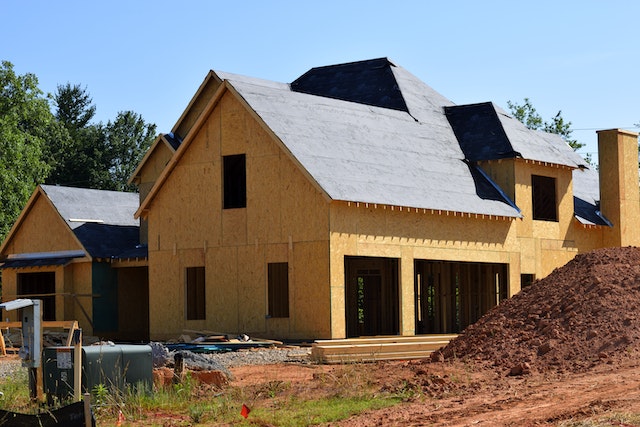
The Florida Building Code is designed to ensure safety, sustainability, and compliance across all construction projects. Please continue reading and reach out to the seasoned Florida construction attorneys at Ansbacher Law to learn about how Florida’s Building Code can impact new construction projects. Here are some of the questions you may have:
What is the Florida Building Code?
Initiated in the early 2000s, the Florida Building Code is a comprehensive set of standards. It addresses everything from structural integrity to energy efficiency. The Building Code is updated every three years, incorporating the latest in safety and environmental advancements. Its purpose is to protect lives, minimize damage during hurricanes, and reduce energy consumption, among other things.
How Does Compliance Affect Your Project?
Ensuring your construction project complies with Florida’s Building Code is paramount. Each project, whether a condominium or a single-family home, must meet precise specifications designed to uphold not only the integrity of the structure but also the safety of its inhabitants.
To begin, compliance impacts the design phase significantly. Architects and engineers must integrate code requirements from the start, influencing everything from material selection to structural design. For instance, the Code’s energy efficiency requirements might dictate the use of specific insulation types or window glazing that can withstand Florida’s intense sunlight and heat.
During construction, compliance shapes day-to-day operations. Regular inspections ensure that work progresses according to the approved plans and meets the Code’s stringent standards. Section 1704, for example, outlines the required special inspections for structural steel, concrete, and other critical materials. Adherence to these standards can prevent costly rework and delays, ensuring the project stays on schedule and budget.
Compliance also affects the project’s long-term viability and profitability. Buildings that meet or exceed the Florida Building Code’s requirements are more resilient to weather-related damage, especially from hurricanes. This resilience can lead to lower insurance premiums for property owners, making the building more appealing to potential buyers or tenants. Moreover, energy-efficient designs and installations not only comply with the Code but also reduce future operating costs, offering ongoing savings.
The legal implications of non-compliance cannot be overstated. Failing to adhere to the Building Code can result in stop-work orders, fines, and even lawsuits. These legal challenges affect both the project’s timeline and budget and damage the reputations of the firms involved.
Finally, compliance with the Florida Building Code impacts the project’s reception by the community and the market. A project that exemplifies safety, efficiency, and sustainability can set a positive precedent, enhancing the developer’s and construction company’s reputation. It signifies a commitment to quality and responsibility, traits highly valued in the construction industry.
If you have further questions or would like to enlist the services of a seasoned construction lawyer to help with your project, please don’t hesitate to contact Ansbacher Law today.

